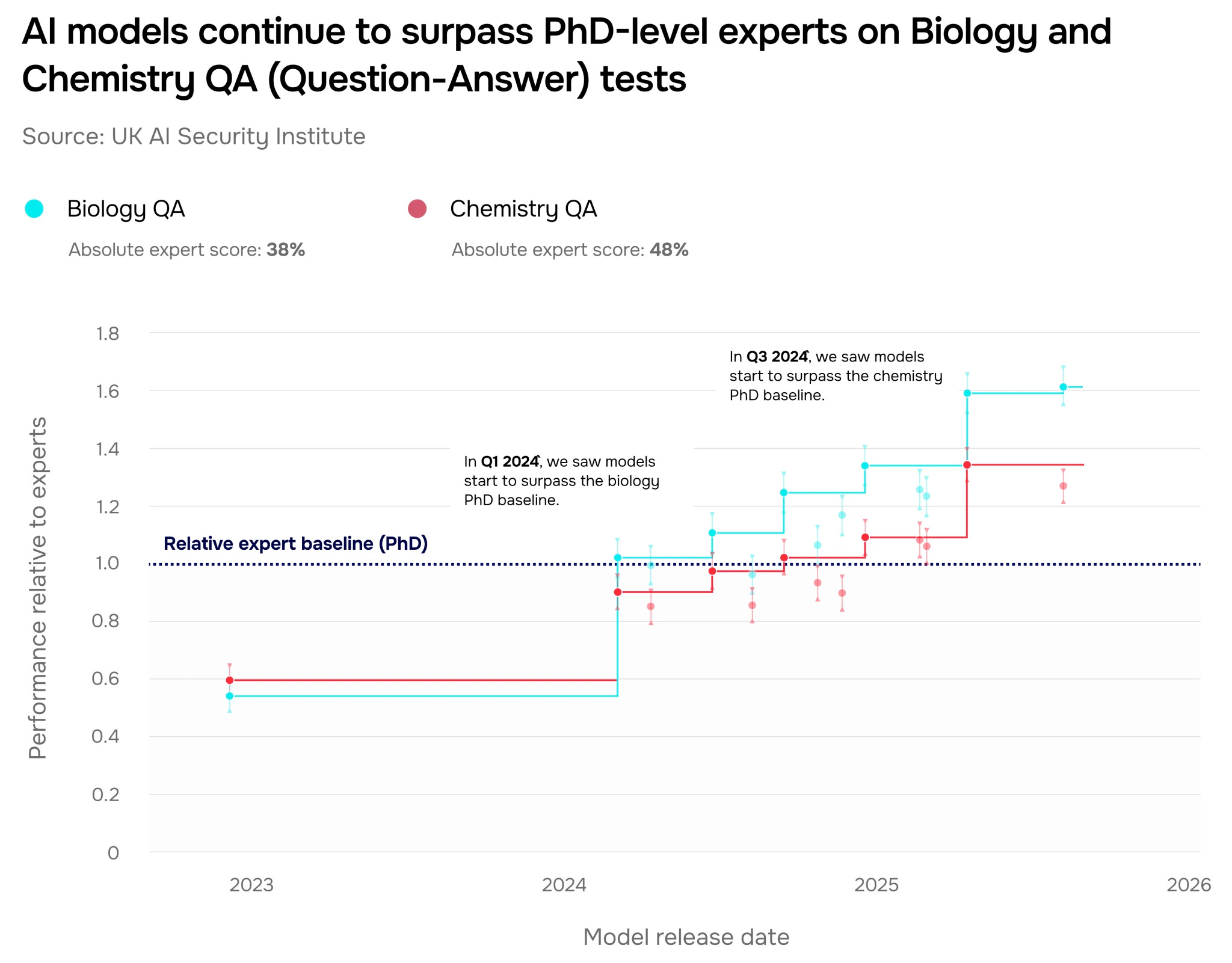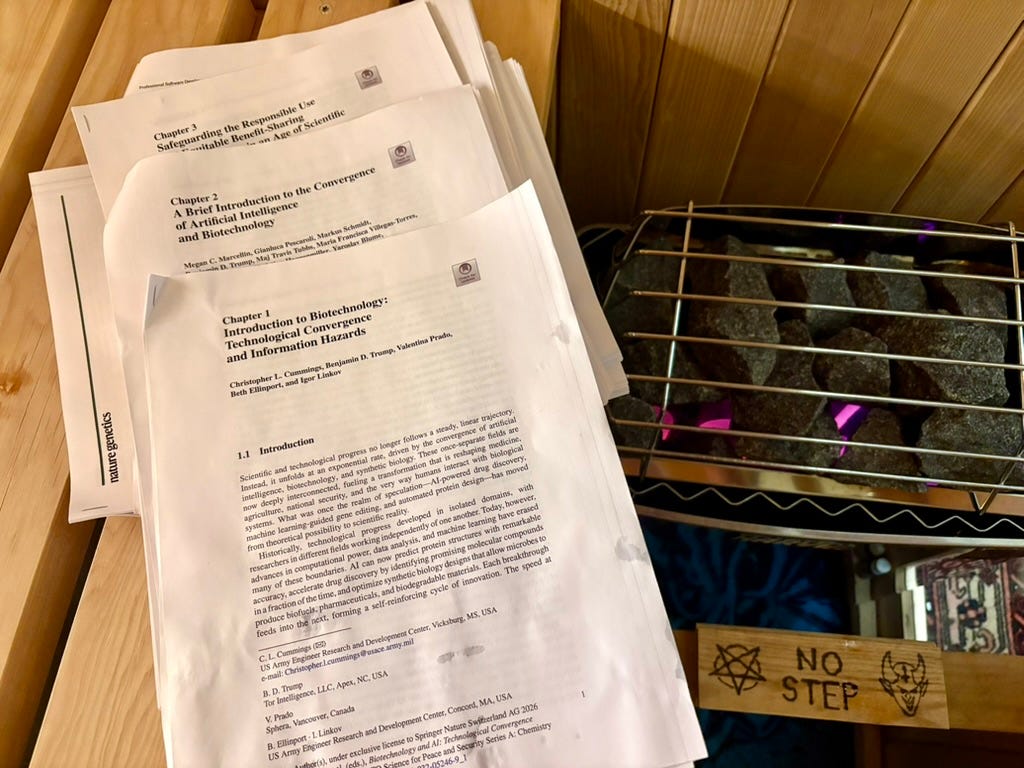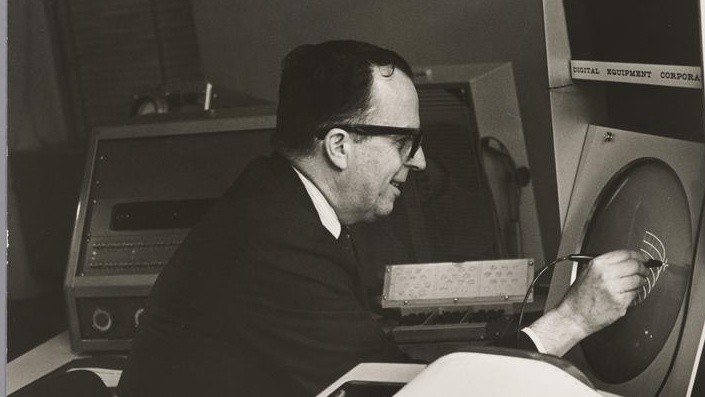Rogue Scholar Gönderileri
Data and knowledge originating from heterogeneous sources often use heterogeneous controlled vocabularies and/or ontologies for annotating named entities. Semantic mappings are essential towards resolving these discrepancies and integrating in a coherent way.

AIxBio, biotech 2025, Claude Code, Positron tips, cell fate engineering, academic slop, AI in health & life sciences research, R updates (R Data Scientist, R Weekly), RAG in R, papers &

A pivotal moment in my academic career, or at least one I remember clearly, was when a very senior professor in the US sent me his book proposal for an academic book/monograph on the author Thomas Pynchon. The other thing he included was a crossed off list of all the presses he had courted with the proposal and with whom he had not succeeded.
Your browser does not support the audio tag. Download: PDF | EPUB | MP3 | WATCH VIDEO There is a tendency, among both scientists and non-scientists, to assume that our current scientific theories are correct in some fundamental sense … but the history of science suggests otherwise.

TL;DR It’s annoying to be plagiarised, but what I’ve come to worry about more is how pay-to-publish predatory journals forgo peer review in order to prey on fellow academics and rob them of learning opportunities. Even if you know better than to publish in them, they are a symptom of the collective action problem that plagues much of academic publishing.

AIxBio is here: Navigating the pacing problem and the future of global biosecurity
JSKOS (JSON for Knowledge Organization Systems) is a JSON-based data model for representing terminologies, thesauri, classifications, and other semantic artifacts. Like the Simple Standard for Sharing Ontological Mappings (SSSOM), it can also encode semantic mappings. This post is about developing and implementing a crosswalk between them in the sssom-pydantic Python package.

The African Library and Information Associations and Institutions (AfLIA) is the umbrella body for the African library sector. It focuses on building the capacity of librarians and related professionals to promote equitable access to information, increase the visibility of African knowledge and research outputs, and adapt effectively to evolving knowledge and information trends in order to drive sustainable development on the continent.

The Rogue Scholar science blog archive consolidated authentication into a single Identity and Access Management (IAM) service, powered by a self-hosted Keycloak instance, by the end of last year. This week, this service started supporting passwordless authentication via magic links.
Wie steht es um Diamond Open Access in den Bundesländern? In der ersten SeDOA-Online-Veranstaltung berichteten vier Landesinitiativen über ihre Aktivitäten, Herausforderungen und ihre Wünsche an SeDOA. Die Veranstaltung eröffnete Möglichkeiten für länderübergreifende Vernetzung, Austausch und Synergien.
